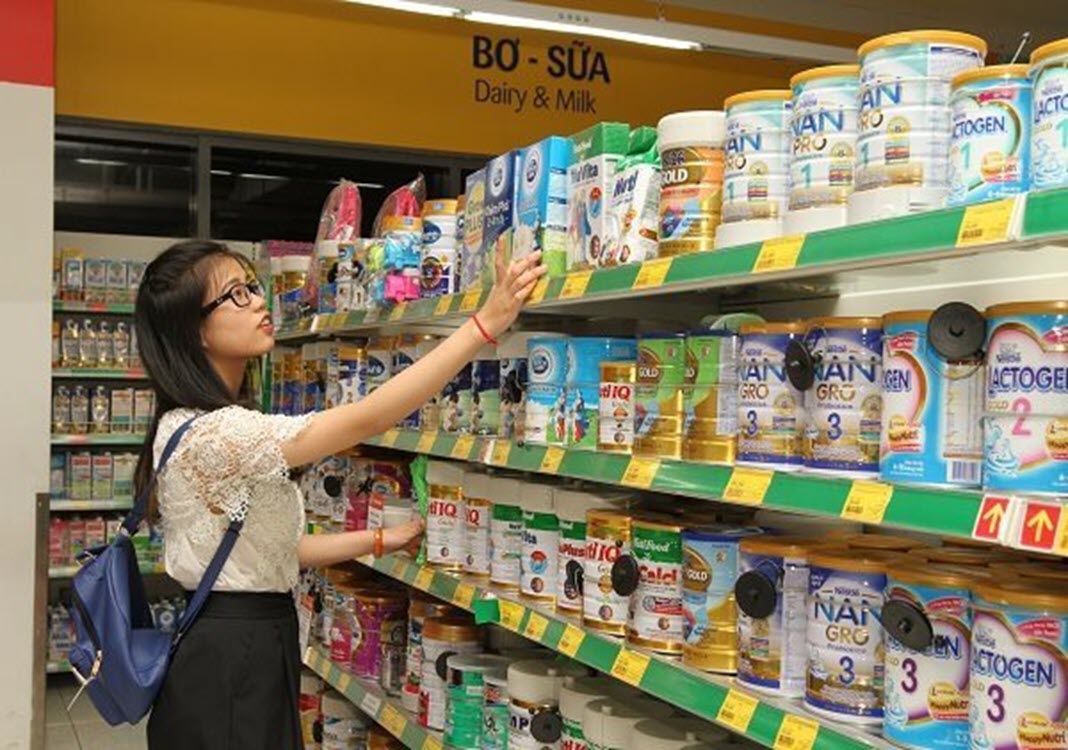HCMC – Vietnam, which overcame the first wave of Covid-19, became the second most optimistic country with the most positive consumers globally in the second quarter of 2020, after India, whose score was 123, but surpassing the Philippines and Indonesia, according to a recent survey by market research company Nielsen and non-profit organization The Conference Board.
However, the country’s Consumer Confidence Index decreased from 126 to 117 points compared to the previous quarter, attributed to deteriorating job prospects, rising anxieties about short-term personal finances and spending readiness.
Meanwhile, the global index fell sharply from a near historic high of 106 in the first quarter to 92, indicating there were more pessimistic consumers than optimistic ones globally for the first time since 2016.
“As Covid-19 has spread across the globe, lockdowns, business closures and rising unemployment have slashed consumer confidence,” said Louise Hawley, managing director of Nielsen Vietnam.
“Having successfully managed to contain the first wave of the Covid-19 outbreak, Vietnam is on a rebound. However, consumer confidence is weaker overall due to the impact of the pandemic which has impacted many people’s personal situations as well as their outlook going forward,” she added.
Vietnamese consumers continued to rank job security and health as their top two key concerns. The economy came third in the key concern list, while work-life balance moved down one spot to the fourth place.
Moreover, Vietnam placed at the top globally for having the region’s most number of people saving money, followed by Hong Kong and Singapore.
In the year’s second quarter, Vietnamese people indicated that they spent less spare cash than the previous quarter. Apart from savings, they spent their spare money the most on new clothes and medical insurance.
Vietnamese consumers, unsurprisingly, indicated that they spent significantly less spare cash on holidays and out-of-home entertainment, compared to the previous quarter.
“Government lockdowns to contain the Covid-19 pandemic started a domino effect, with businesses, especially hotels, bars and restaurants, closing down temporarily or permanently and consumer spending dropping due to fewer spending opportunities. The resulting job cuts and uncertainty increased anxiety about reduced incomes and stressed household finances,” explained Hawley.
Going against the trend, Vietnamese consumers spent an increasing amount of money on technology products in the second quarter. “Having more time at home and with technology playing a key role in everything from education to work and entertainment, have created the demand for technology products,” Louise noted.









